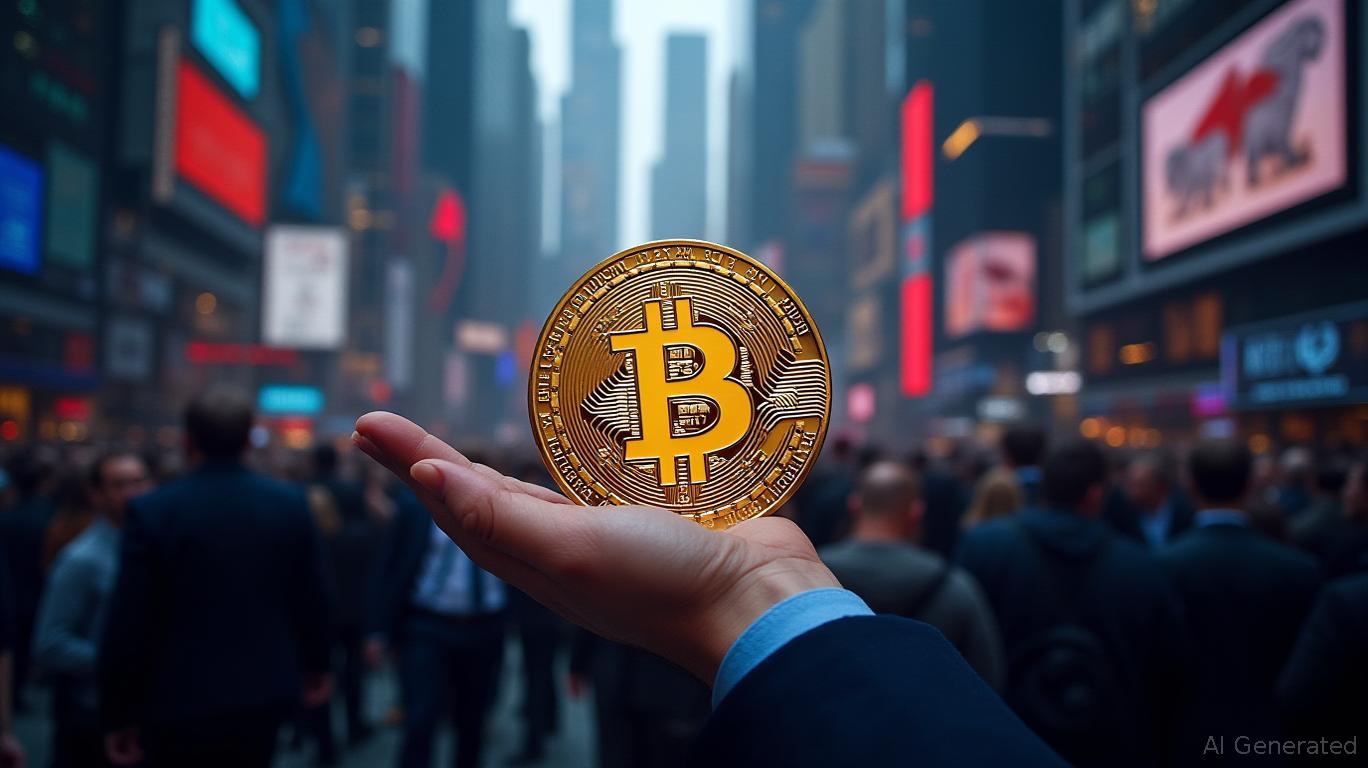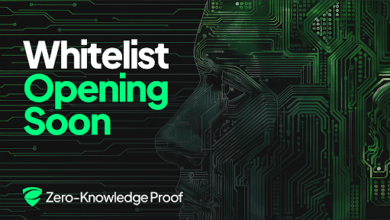Hong Kong’s SFC Strives to Foster Crypto Innovation While Safeguarding Investors Amid DAT Challenges
- Hong Kong's SFC warns DATs (digital asset treasuries) pose risks as stocks trade at premiums over underlying crypto holdings, exposing investors to volatility. - Regulator highlights lack of DAT-specific rules in Hong Kong, with exchange rejecting five DAT-based listing proposals citing liquidity concerns. - SFC emphasizes balancing innovation with investor protection, urging education on DAT risks while reviewing 2018 listing reforms for tech firms. - Global debate over DATs' speculative nature intensif
Hong Kong’s primary financial watchdog has expressed concerns about the dangers linked to digital asset treasuries (DATs), cautioning that firms trading at high premiums compared to their actual asset values may subject investors to unnecessary market swings. According to local reports, the Securities and Futures Commission (SFC) is closely observing how companies handle DATs and is evaluating the potential need for updated regulatory measures, as referenced by
The SFC’s apprehension arises from a rising pattern of publicly listed firms turning to cryptocurrencies and digital assets to manage surplus funds—a strategy gaining momentum worldwide but still lacking oversight in Hong Kong. Wong remarked that there are currently no dedicated regulations for DAT activities in the city and mentioned that the regulator will assess whether such rules should be introduced. This follows the Hong Kong Stock Exchange’s decision to turn down applications from at least five companies aiming to structure their businesses around DATs, citing existing restrictions on substantial liquid asset holdings.

Wong’s statements illustrate the SFC’s commitment to balancing innovation with investor protection. “The reform will examine whether more firms can be listed under this framework while still safeguarding investor interests,” he said, referring to ongoing initiatives to update Hong Kong’s listing rules to attract technology companies, as reported by the
The SFC’s prudent stance mirrors a worldwide discussion about DATs, with critics claiming that the premiums seen on these stocks are often driven by speculation rather than real value. Wong cautioned that retail investors might not fully understand the associated risks, advising them to carefully examine the underlying assets and governance structures of DAT firms. His comments are consistent with Hong Kong’s general regulatory philosophy, which has traditionally favored stability over the rapid embrace of crypto innovations.
Disclaimer: The content of this article solely reflects the author's opinion and does not represent the platform in any capacity. This article is not intended to serve as a reference for making investment decisions.
You may also like
Investors Place Major Bets on MoonBull's Liquidity-Focused Presale Amid HBAR's Unclear ETF Prospects
- MoonBull ($MOBU) presale raises $450,000 with 9,000% projected returns by listing, outpacing HBAR's ETF-driven 80% rally. - Community-driven model features 48-hour liquidity locks, 15% referral rewards, and immediate token access without vesting periods. - HBAR's ETF faces SEC delays until November 8, while bearish indicators and 40% price drop from July peak highlight volatility risks. - Market favors MoonBull's presale timing amid Fed rate uncertainty, contrasting with HBAR's uncertain regulatory path

Bitcoin Price Dips Low, Sending Shockwaves Across Altcoins
In Brief Bitcoin drops below $107,000, affecting altcoins AVAX, LINK, and SOL. Significant market liquidations point to manipulated dynamics for a liquidity hunt. AVAX, LINK, and SOL face critical support tests amidst continued crypto volatility.

AUSTRAC Fines Cryptolink Amid National Crackdown on Crypto ATMs

Whitelist Prelaunch Positions Zero Knowledge Proof (ZKP) as a Key Player in AI Blockchain Privacy
The whitelist prelaunch of Zero Knowledge Proof (ZKP) highlights its role in advancing privacy and secure collaboration within decentralized AI networks, attracting attention from blockchain and AI communities.A New Paradigm for AI Compute and PrivacyThe Role of Dual Consensus in Decentralized AIEmpowering Data Sovereignty and CollaborationClosing Analysis
